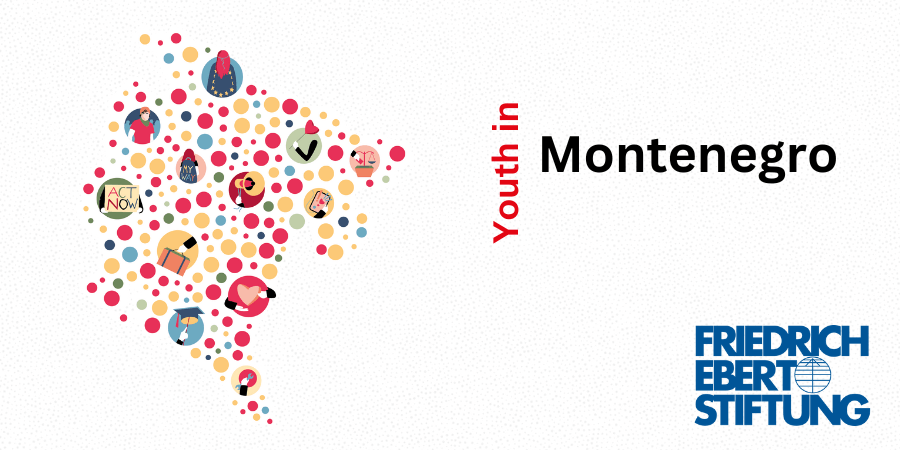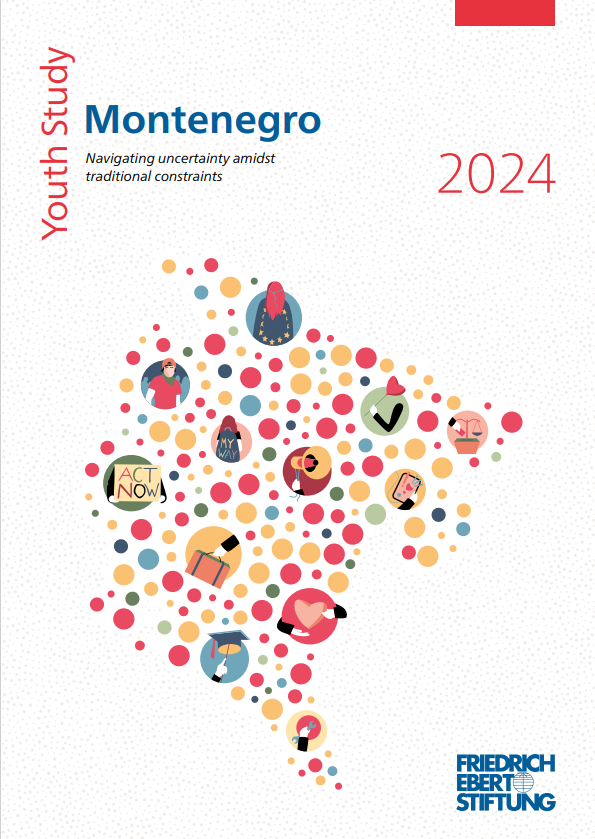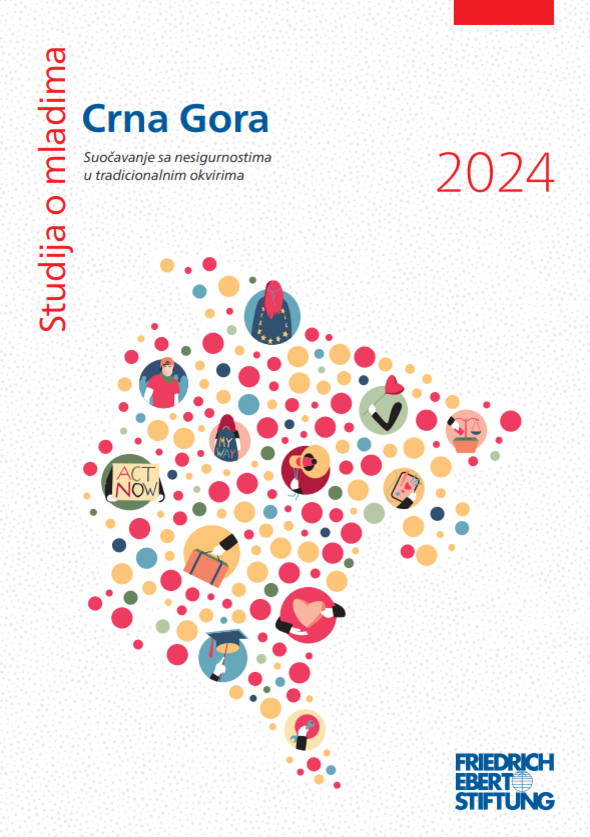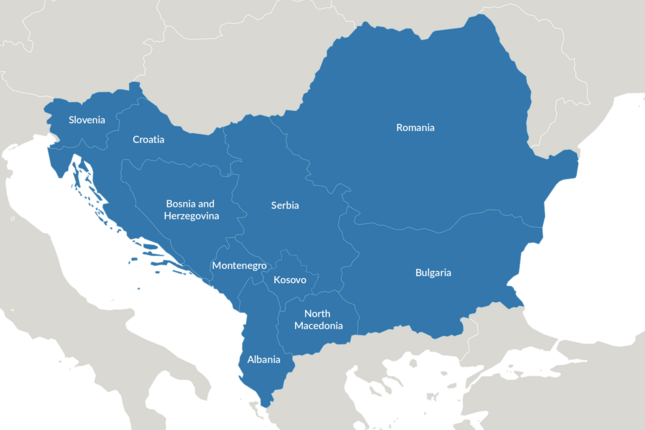
Religious Practice and National Identity: Young Montenegrins at a Crossroads
As Montenegro deals with tensions between the Montenegrin Orthodox Church and the Serbian Orthodox Church, new data shows clear patterns in how young people's religious practices connect to their sense of identity. The Friedrich Ebert Foundation's Montenegro Youth Study 2024 provides new information about these relationships among Montenegrins aged 14-29.
Religious Attendance in Regional Context
Young Montenegrins' church attendance stands out compared to their neighbors. While 17.14% attend religious services weekly or more, making them among the more religious youth in Southeast Europe, most (42.68%) go to church only yearly or on special holy days. This shows a group that, overall, keeps traditional religious ties without frequent practice.
The Identity-Religion Nexus
The study shows a clear link between religious attendance and identity. Those who rarely or never attend religious services express the strongest Montenegrin identification (66.61% identifying "completely"), while regular churchgoers show decreased levels of national identification. The data reveals a consistent pattern: more frequent religious attendance corresponds with lower levels of Montenegrin identification.
This pattern likely reflects Montenegro's complex religious makeup, particularly the ongoing divide between the Montenegrin Orthodox Church and the Serbian Orthodox Church. In this context, religious participation often connects to different, sometimes competing, ideas about Montenegrin identity.
The same pattern appears when looking at European identity - young people who rarely attend services tend to identify more strongly as European. Among those who rarely or never attend services, 46.34% identify "completely" as European, compared to only 16.11% of those who attend weekly or more often.
Key Takeaways and Policy Implications
Key findings:
- Less religious practice tends to connect with stronger Montenegrin and European identities
- The relationship between religious attendance and identity likely reflects broader questions about Montenegro's religious institutions
Policy implications:
- National identity discussions should account for both religious and non-religious youth perspectives
- Religious institutions play a key role in how young people form their national identity
About the Data
This analysis uses data from the 2024 Montenegro Youth Study by the Friedrich Ebert Foundation. The study asked young people aged 14-29 about religious practice, identity, and values. In Montenegro, 501 people answered the survey.


